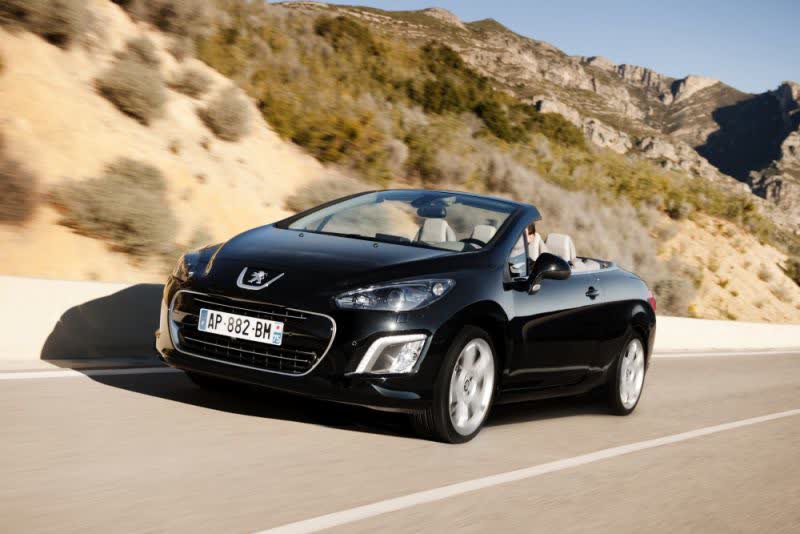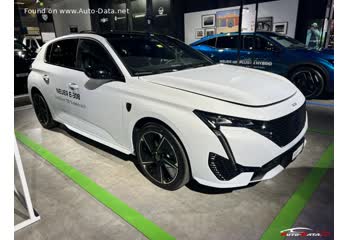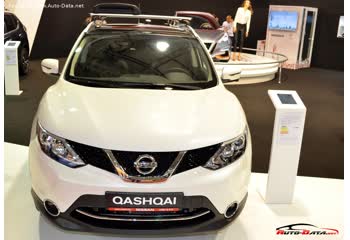Everything you need to know about specifications and performance - Peugeot 308 2013 - 1.6 e-HDI (115 Hp)

Overview:
What is the engine capacity of a Peugeot 308 2013?
The engine capacity of the Peugeot 308 2013 is 1560.
Peugeot 308 2013 How many horsepower?
The engine power of the Peugeot 308 2013 is 115 Hp @ 3600 rpm..
What is the Peugeot 308 2013 engine?
Peugeot 308 2013 engine is 9HC DV6C. (Click to see other cars using the same engine)
How much gasoline does a Peugeot 308 2013 consume?
The Peugeot 308 2013 consumes 4.6 liters of gasoline per 100 km
General:
Engine:
Performance:
Space:
dimensions:
Powertrain, Suspension and Brakes:
See also

Last generation.
Its production began in 2023 until 2025

Other generation.
Its production began in 2010 until 2011

Same engine. (9HC DV6C).
Its production began in 2013 until 2015

Same engine. (9HC DV6C).
Its production began in 2013 until 2014

Same production year and almost the same engine capacity.
Its production began in 2013 until 2017

Write a comment